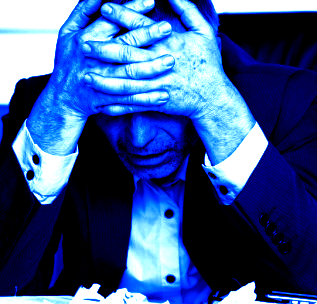Safe Work expands mental model
 Safe Work Australia has issued new model regulations and a code of practice to help prevent psychological harm at work.
Safe Work Australia has issued new model regulations and a code of practice to help prevent psychological harm at work.
The national body says its model work health and safety (WHS) laws now include regulations on psychosocial hazards. A new model Code of Practice on Managing psychosocial hazards at work explains the laws and how to comply with them, including practical steps to manage workplace risks to psychological health.
“Under work health and safety laws, PCBUs have a positive duty to do everything they reasonably can to prevent exposure to psychosocial hazards and risks,” Safe Work Australia Chief Executive Officer Michelle Baxter says.
“Psychosocial hazards are anything at work that may cause psychological harm.
“They can come from the way work is designed and managed, the working environment, or behaviours including bullying, harassment, discrimination, aggression and violence.”
Ms Baxter said work-related psychological injuries and illness have a significant negative impact on workers, their families and business.
“On average, work-related psychological injuries have longer recovery times, higher costs, and require more time away from work when compared with physical injuries.
“Workers’ compensation claims for psychological injury and illness have increased and impose high costs to employers through time off and workers’ compensation costs.
“Managing psychosocial risks protects workers, decreases staff turnover and absenteeism, and may improve broader organisational performance and productivity.”
The model WHS Regulations and Code of Practice: Managing psychosocial hazards at work were developed through Safe Work Australia’s tripartite process which includes Commonwealth, state and territory governments, and employer and worker representatives.
The model Code of Practice: Managing psychosocial hazards at work is available on the Safe Work Australia website.







 Print
Print